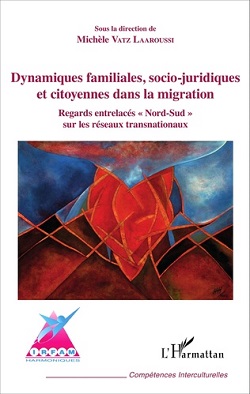Reconfigurations familiales et relations intergénérationnelles dans les réseaux transnationaux : Familles en recomposition, Familles Alternatives
The Canadian government’s recent cuts to healthcare coverage for refugee claimants has rekindled the debate in Canada about what medical services should be provided to individuals with precarious immigration status, and who should pay for these services. This article further explores this debate, focussing on the perceptions of healthcare workers in Montreal, a large multiethnic Canadian city. In April-June 2010, an online survey was conducted to assess how clinicians, administrators, and support staff in Montreal contend with the ethical and professional dilemmas raised by the issue of access to healthcare services for pregnant women and children who are partially or completely uninsured. Drawing on qualitative analysis of answers (n = 237) to three open-ended survey questions, we identify the discursive frameworks that our respondents mobilized when arguing for, or against, universal access to healthcare for uninsured patients. In doing so, we highlight how their positions relate to their self-evaluations of Canada’s socioeconomic situation, as well as their ideological representations of, and sense of social connection to, precarious status immigrants. Interestingly, while abstract values lead some healthcare workers to perceive uninsured immigrants as “deserving” of universal access to healthcare, negative perceptions of these migrants, coupled with pragmatic considerations, pushed most workers to view the uninsured as “underserving” of free care. For a majority of our respondents, the right to healthcare of precarious status immigrants has become a “privilege”, that as taxpayers, they are increasingly less willing to contribute to. We conclude by arguing for a reconsideration of access to healthcare as a right, and offer recommendations to move in this direction.

